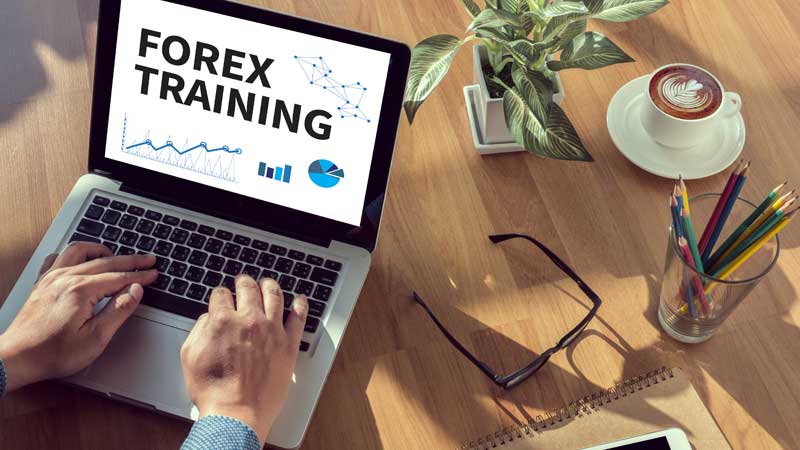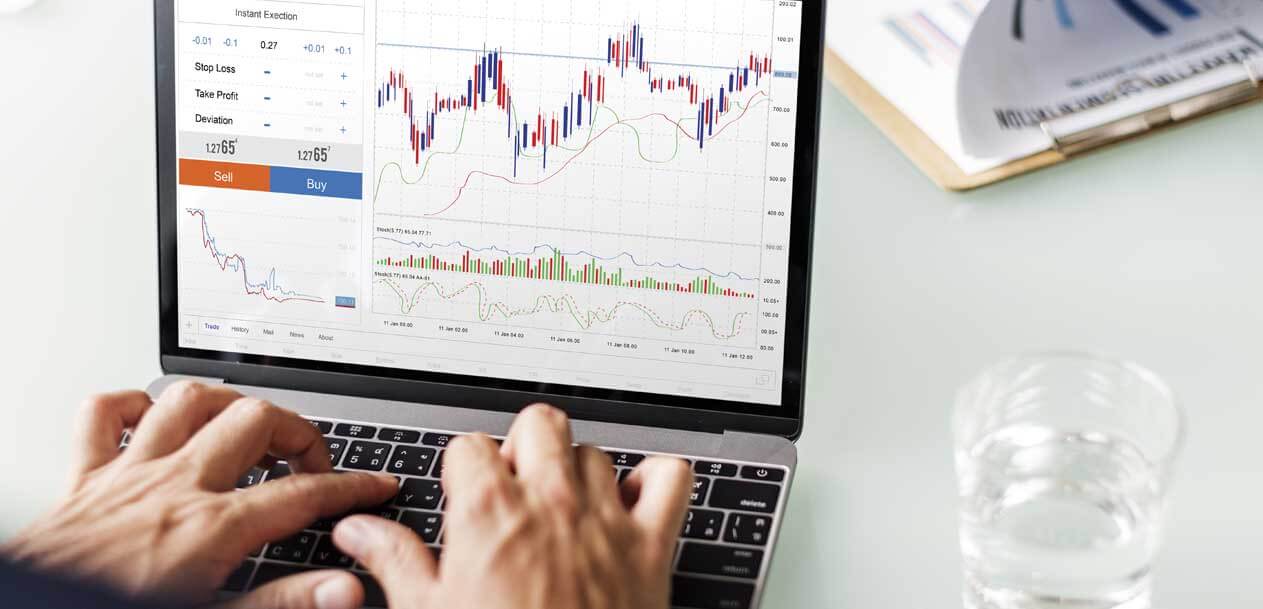Considered as one of the largest financial markets in the world, the foreign exchange market has never been more accessible than it is today.
While we can partially blame it on the surging pandemic, electronic transactions will only continue to escalate over time. Forex trading is no exception. Everything can be simply done online — from taking a Forex trading courses to opening an account for live trading.
Why open a demo account?

Dealing with a trusted broker that offers excellent support and service minimises risks in Forex trading. That’s why opening a demo trade account is vital if you want a secure and successful Forex journey.
Having two or three demo accounts with potential brokers can help you evaluate your options and choose a broker that suits your needs and your trading style. With demo accounts, you’ll get a feel of how the Forex game works without spending real capital. It can help you determine your compatibility with various brokers and gauge your readiness for live trading without incurring real financial losses.
Think of it as having a sparring session before an actual fight. Just like sparring, demo trading prepares you for the real thing and increases your chances of winning. Your broker will act as your coach and help you get in fighting condition before you get into the ring.
How to choose a Forex broker?

Retail currency trading has become a decentralized and lightly monitored environment in a growing over-the-counter market. As a safety measure, you need to be diligent in researching the reputation of any potential brokers before opening a live trading account with any of them.
You can start by checking with local and national regulatory offices to verify whether a broker has clean trading records with them or has any history of client complaints. You can also research the broker’s list of services online or visit Forex forums before opening a trading account. Some brokers may offer basic platforms, while others may offer more sophisticated ones that include analytical resources to aid you in making smarter trading decisions. You may also want to compare fees and commissions charged by different brokers for a specific range of services. Forex brokers normally charge for trades by a bid-ask spread, computed as the small difference between the current selling and buying prices of currency pairs. Still, some may have other kinds of fees for their services. As you know, these added costs have to be considered for the overall profit calculations.
How do you open an account?

Opening an account with your chosen broker isn’t that complicated. Traders are usually asked about trading knowledge and experience, as well as their trading intentions. Identification will have to be provided along with the required minimum fund deposits for opening a trading account.
While the steps may vary from one broker to another, here are some usual steps to opening a Forex account:
1. Go to the website of your chosen broker. Review the types of accounts that are available for you.
2. Click on the application form button and fill out the form.
3. Upon completion, your registration will require a username and password that you can use for account access.
4. Log in to the broker’s client portal using your chosen username and password.
5. It’s time to fund your account. You may do this by arranging the deposit with your bank through check, debit or credit card, or electronic transfer using your bank account. Some brokers also accept funding through Skrill or Poli Pay. It is important to note that interest charges may be collected from you if you’re using your credit card.
6. Once the funds are successfully transferred, you may begin trading. It may be necessary to review your broker’s advice regarding the use of their platform before making your first trade. You can use a no-fuss demo account as a simulator to practice with up to $50,000 before investing real capital in live Forex trading.
Why use a margin?

Margin is simply a loan of funds that you get from your broker so you can place a leveraged trade. The capital you actually invest is just a small portion of the total credit size because the broker lets you “borrow” the remaining amount, which is an advantage when starting.
The starting process may seem long, but as you go along, things will eventually fall into place. Always be mindful of the brokers you deal with and take advantage of trading with a demo account as a precaution. With all that knowledge, you are one step closer to getting the best out of your Forex trading experience.
Disclaimer: All material published on our website is intended for informational purposes only and should not be considered personal advice or recommendation. As margin FX/CFDs are highly leveraged products, your gains and losses are magnified, and you could lose substantially more than your initial deposit. Investing in margin FX/CFDs does not give you any entitlements or rights to the underlying assets (e.g. the right to receive dividend payments). CFDs carry a high risk of investment loss.




